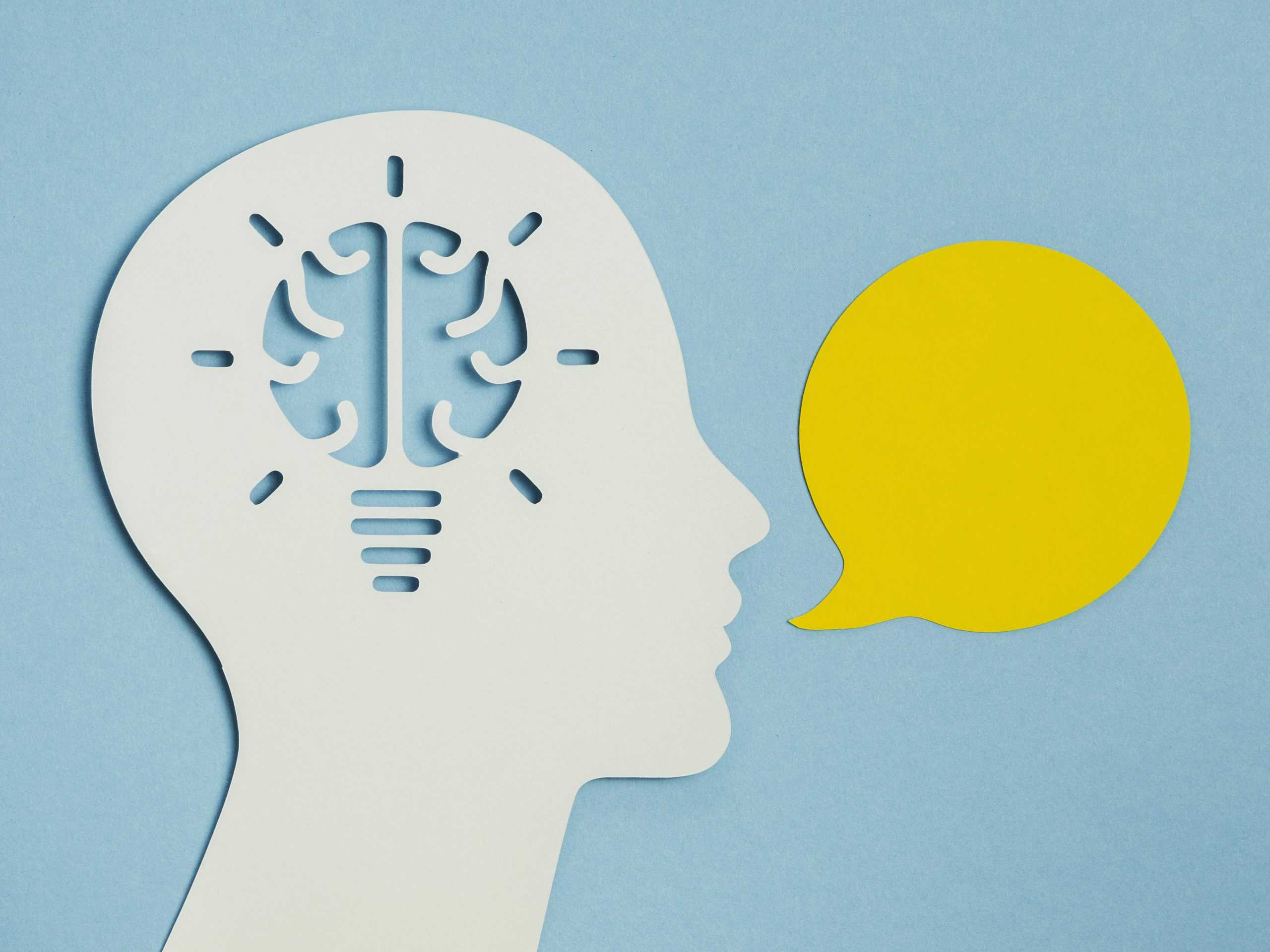What exactly is Neurolinguistic Programming?
NLP essentially involves the study and practice of comprehending how individuals structure their thoughts, emotions, language, and actions to achieve specific outcomes. By recognizing and understanding thought and behavior patterns, one can rewire their own thinking and communication, leading to personal and professional transformation.
How does NLP work its magic?
NLP employs a variety of techniques to facilitate change. Anchoring, reframing, and mirroring are just a few of the many tools in the NLP toolkit. These techniques enable practitioners to help individuals improve communication, manage stress, overcome phobias, boost self-confidence and many more. By changing the way we use language internally and externally, NLP empowers us to break free from limiting beliefs and achieve our goals.
So where and how can you use it?
NLP’s practical applications? They’re as diverse as life itself. For me, it’s like magic dust sprinkled over numerous scenarios – from writing a simple business email that resonates with the recipient to achieving goals once deemed unattainable—NLP permeates various facets of life. Whether it’s about helping a colleague prepare for that crucial presentation or a significant meeting, or running an interview with a prospective new team member, or aiding a child in anchoring calmness amidst chaos. It’s about empowering individuals to communicate effectively, fostering genuine connections, and enhancing personal growth.
But isn’t it old news?
Although some might view NLP a relic from the ’70s, it’s more akin to a fine wine—improving with age, refining its techniques, and adapting to modern contexts. It’s a vibrant methodology that’s still evolving, incorporating neuroscience, positive psychology, and communication theory to refine its approach. It’s not about imposing; it’s about empowering.
A ‘Typical’ NLPeer
If I had a coin for every time I heard, “But you don’t seem like a typical NLP-er” — well, let’s just say I might have a small fortune by now. These phrases often echo in conversations, highlighting the prevalent misconceptions surrounding NLP.
NLP isn’t a one-size-fits-all world. It’s a diverse community with varied interests, styles, and vibes. We’re not all cut from the same cloth. And we all add our authentic selves to the mix. Some of us thrive in corporate settings, others in artistic pursuits; some delve into the intricacies of language, while others focus on behavior. NLP is an eclectic universe with a spectrum of approaches and practitioners.
And then, there’s the notion that NLP is just a manipulative tool. Admittedly, NLP hasn’t always had the best reputation. A few missteps by a handful of practitioners who missed the memo on rules of practice tainted the perception of this discipline. Authentic NLP isn’t about trickery or manipulation — it’s about understanding and enhancing communication, fostering empathy, connection, and empowering individuals.
My life with NLP
NLP’s impact on my life has been profound. It helped me craft impactful communications, achieve goals beyond my imagination, and navigate personal and professional challenges with finesse. I feel fortunate to have delved into NLP early in my career—it’s been like a compass, guiding me through the complexities of life.
So, to me personally, NLP has been a game-changer—a tool that transformed my perspectives, amplified my capabilities, and enriched my life beyond expectations. It reshaped my perceptions and allowed me to forge deeper connections, both personally and professionally. It’s more than a methodology; it’s a mindset—a way of navigating the world with empathy, understanding, and authenticity and unlocking the potential within oneself and others.
A dialogue between two ‘typical’ NLP enthusiasts…
Imagine two ‘typical’ NLP enthusiasts engaged in dialogue. It’s not a scripted performance; it’s an authentic exchange of ideas and emotions. They’re skilled at deciphering unspoken cues, fostering genuine connections, understanding the nuances behind every word and weaving empathy into the exchange. These practitioners leverage language not as a tool for manipulation but as a bridge for understanding.
And that’s why I encourage you, the next time you encounter an NLP enthusiast, consider stepping beyond the biases. Engage in conversation, and you might find a fresh perspective, a nuanced understanding, and a genuine connection you never expected.
That’s my perspective… want to learn more or enroll in the practitioner course of this fine art? Let’s talk..


